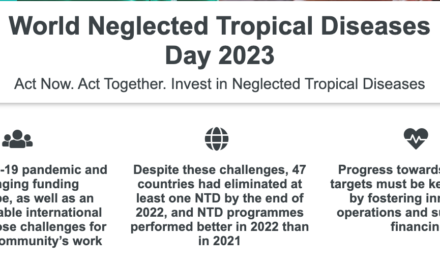Kangra, August 20, 2024 – In a groundbreaking study led by researchers from Monash University, a surprising and significant connection between constipation and major adverse cardiac events (MACE) has been uncovered. The study, recently published in the American Journal of Physiology-Heart and Circulatory Physiology, suggests that constipation, a common yet often underestimated health issue, could be a significant contributor to cardiovascular disease, including heart attacks, strokes, and heart failure.
The research team, headed by Professor Francine Marques from the School of Biological Sciences at Monash University, analyzed data from over 400,000 participants in the UK Biobank, one of the largest and most comprehensive databases in the world. The study involved 408,354 individuals and identified 23,814 cases of constipation. The findings revealed that those suffering from constipation were more than twice as likely to experience a major cardiac event as those without constipation.
“Our study suggests that constipation, often seen as a minor or manageable health issue, may play a much larger role in cardiovascular disease than previously thought,” said Professor Marques. “Traditional cardiovascular risk factors such as high blood pressure, obesity, and smoking have long been recognized as key drivers of heart disease. However, these factors alone do not fully explain the occurrence of major cardiac events.”
The study’s findings indicate that constipation may exacerbate the cardiovascular risks associated with other conditions, particularly hypertension. The research highlighted that hypertensive individuals with constipation had a 34% increased risk of experiencing subsequent cardiac events compared to those with hypertension alone.
“Our research suggests that constipation may amplify the cardiovascular risks tied to high blood pressure, further increasing the likelihood of heart attacks and strokes,” Professor Marques explained.
In addition to the epidemiological data, the research team also delved into the genetic links between constipation and cardiovascular disease. Dr. Leticia Camargo Tavares, co-first author of the study, explained that “positive genetic correlations were identified between constipation and various forms of MACE, indicating that shared genetic factors may underlie both conditions. This discovery opens new avenues for research into the underlying mechanisms that connect gut health and heart health.”
The implications of this study are far-reaching, particularly considering the widespread prevalence of constipation, which affects an estimated 14% of the global population, with older adults and women being particularly vulnerable. These findings suggest that a significant portion of the population may be at an increased risk of cardiovascular disease due to their bowel health.
The study authors emphasized the need for further research to explore the causal relationship between constipation and MACE and to identify the specific biological pathways involved. One potential mechanism may involve a “leaky gut,” where the integrity of the gut lining is compromised, leading to systemic inflammation and increased cardiovascular risk. The research team is currently recruiting participants for further studies to investigate this hypothesis.
This research challenges the traditional understanding of cardiovascular risk factors and underscores the importance of considering gut health in the prevention and management of heart disease. As the global burden of cardiovascular disease continues to rise, these findings could pave the way for new strategies in personalized medicine, helping to identify individuals at higher risk and potentially reducing the incidence of life-threatening cardiac events.
For more information on the study, refer to the publication: Tenghao Zheng et al, Constipation is associated with an increased risk of major adverse cardiac events in a UK population, American Journal of Physiology-Heart and Circulatory Physiology (2024). DOI: 10.1152/ajpheart.00519.2024.
This article was provided by Monash University.












